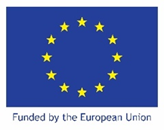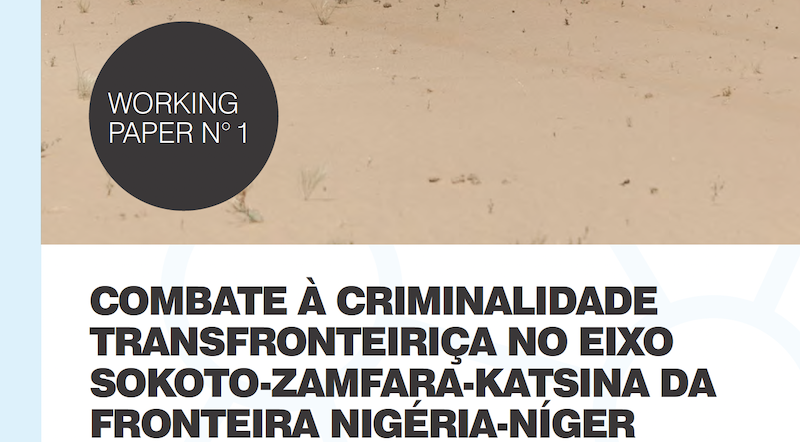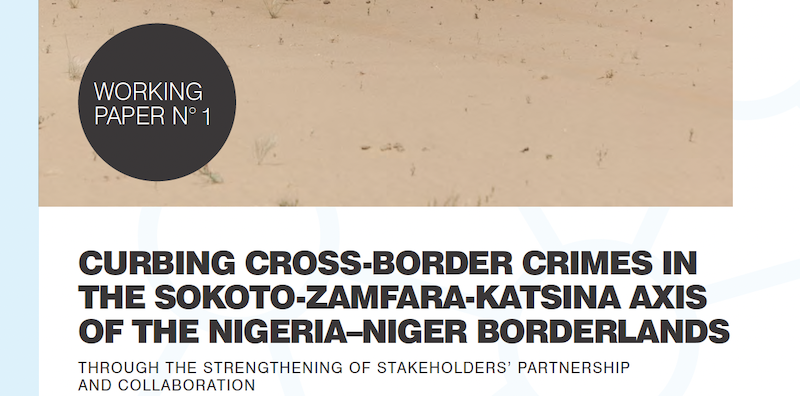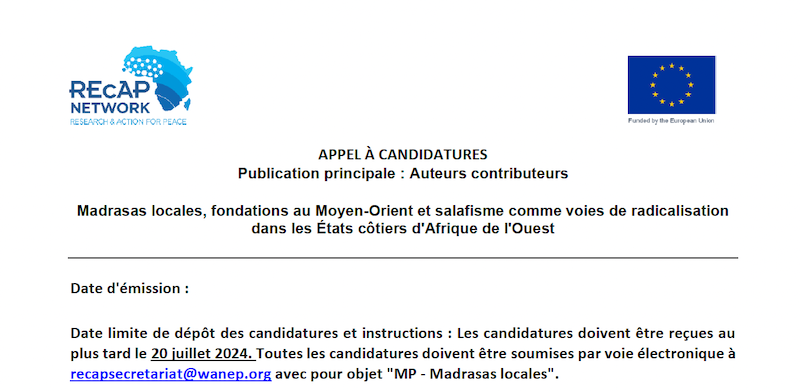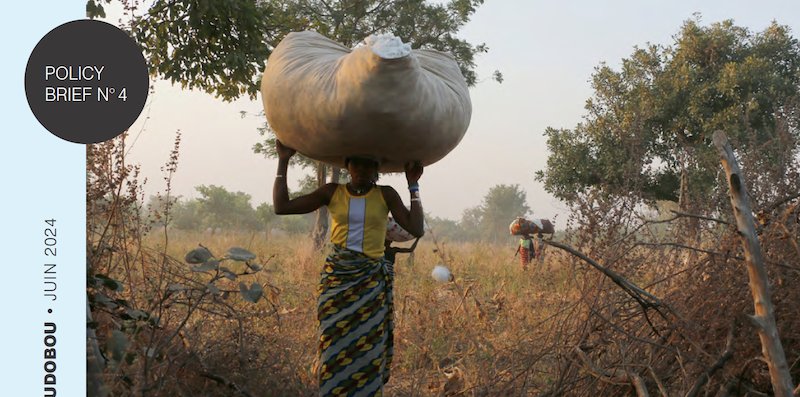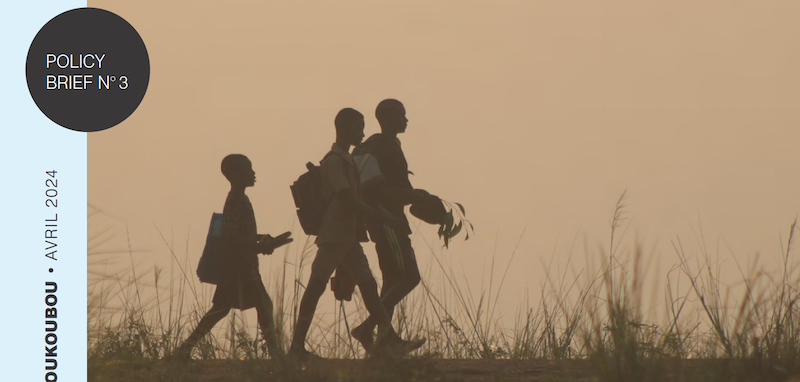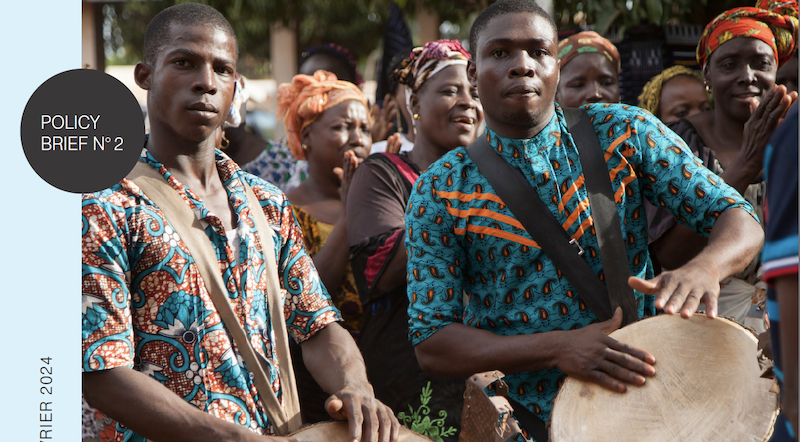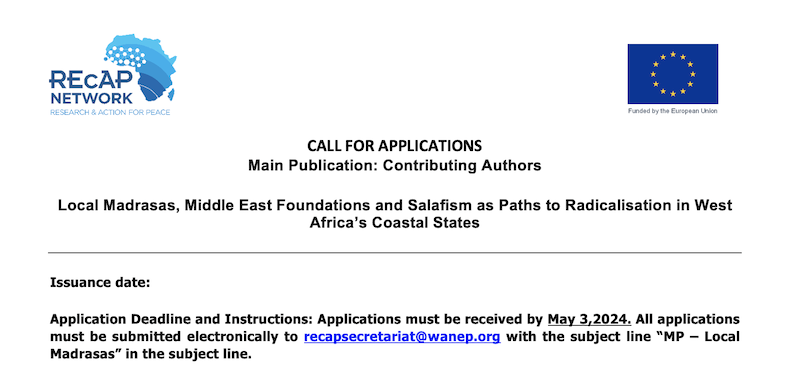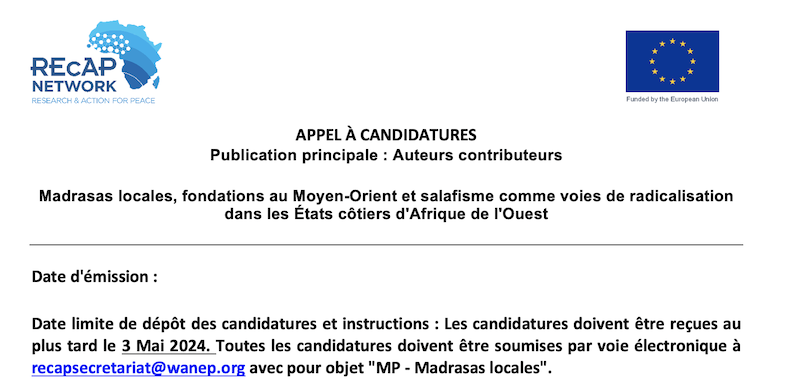Lutte contre la criminalité transfrontalière dans l’axe Sokoto-Zamfara-Katsina de la frontière Nigeria-Niger par le renforcement du partenariat et de la collaboration entre les parties prenantes
Executive summary: Ce document de travail analyse les crimes transfrontaliers dans l’axe Sokoto-Zamfara-Katsina de la frontière entre le Nigeria et le Niger. Cette enclave frontalière particulière constitue un microcosme des défis à multiples facettes associés à la criminalité transfrontalière, offrant un aperçu inestimable des problèmes plus vastes auxquels la région du Sahel est confrontée dans la lutte contre ces activités au niveau régional et international.
L’étude a adopté une approche qualitative, en utilisant des analyses documentaires, des discussions de groupe et des entretiens avec des informateurs clés. Les résultats mettent en évidence la manière dont les réseaux criminels exploitent la porosité des frontières pour se livrer à des activités criminelles transfrontalières allant de la contrebande de marchandises, de drogues et d’armes à la traite des êtres humains. Cette recrudescence de l’activité criminelle pose des défis importants à la sécurité des frontières et à la stabilité régionale en général, en exacerbant le banditisme armé et d’autres activités illicites dans les communautés frontalières.
L’analyse des mécanismes de partenariat révèle des lacunes dans la coordination entre les services répressifs, tant du côté nigérian que du côté nigérien de la frontière, aggravées par l’insuffisance des ressources. L’engagement limité de la communauté entrave encore davantage la collaboration dans la lutte contre la criminalité transfrontalière. Parallèlement, des facteurs socio-économiques et géopolitiques, tels que la pauvreté, le chômage et la faiblesse des structures de gouvernance, apparaissent comme des facteurs clés de la prévalence de ces crimes.
L’évaluation des cadres juridiques et des instruments politiques révèle des lacunes dans la gestion de la criminalité transfrontalière, soulignant le besoin urgent d’une réforme juridique globale et d’une amélioration des politiques. Malgré le rôle essentiel joué par les communautés locales dans les efforts de sécurisation des frontières, elles ne sont généralement pas sensibilisées aux initiatives de prévention de la criminalité et n’y participent donc que de manière limitée. Cela souligne l’importance de développer des stratégies visant à renforcer la participation de la communauté, telles que la police de proximité et les campagnes de sensibilisation.
Le document conclut en proposant une approche à multiples facettes pour réduire la criminalité transfrontalière, avec des recommandations comprenant l’organisation d’ateliers pour éduquer les communautés, la formation d’ONG locales, la mise en place de technologies de surveillance des frontières, la poursuite d’efforts intégrés de lutte contre le terrorisme, la garantie d’efforts concertés pour relever les défis socio-économiques, la promotion de la collaboration entre les différentes parties prenantes, le plaidoyer en faveur de la réforme et de l’application des politiques, la promotion de projets de développement menés par les communautés et la recherche d’une assistance auprès d’organisations internationales pour s’attaquer aux causes profondes et suivre les progrès réalisés.
Auteur: Dr Abubakar Sama’Ila.

